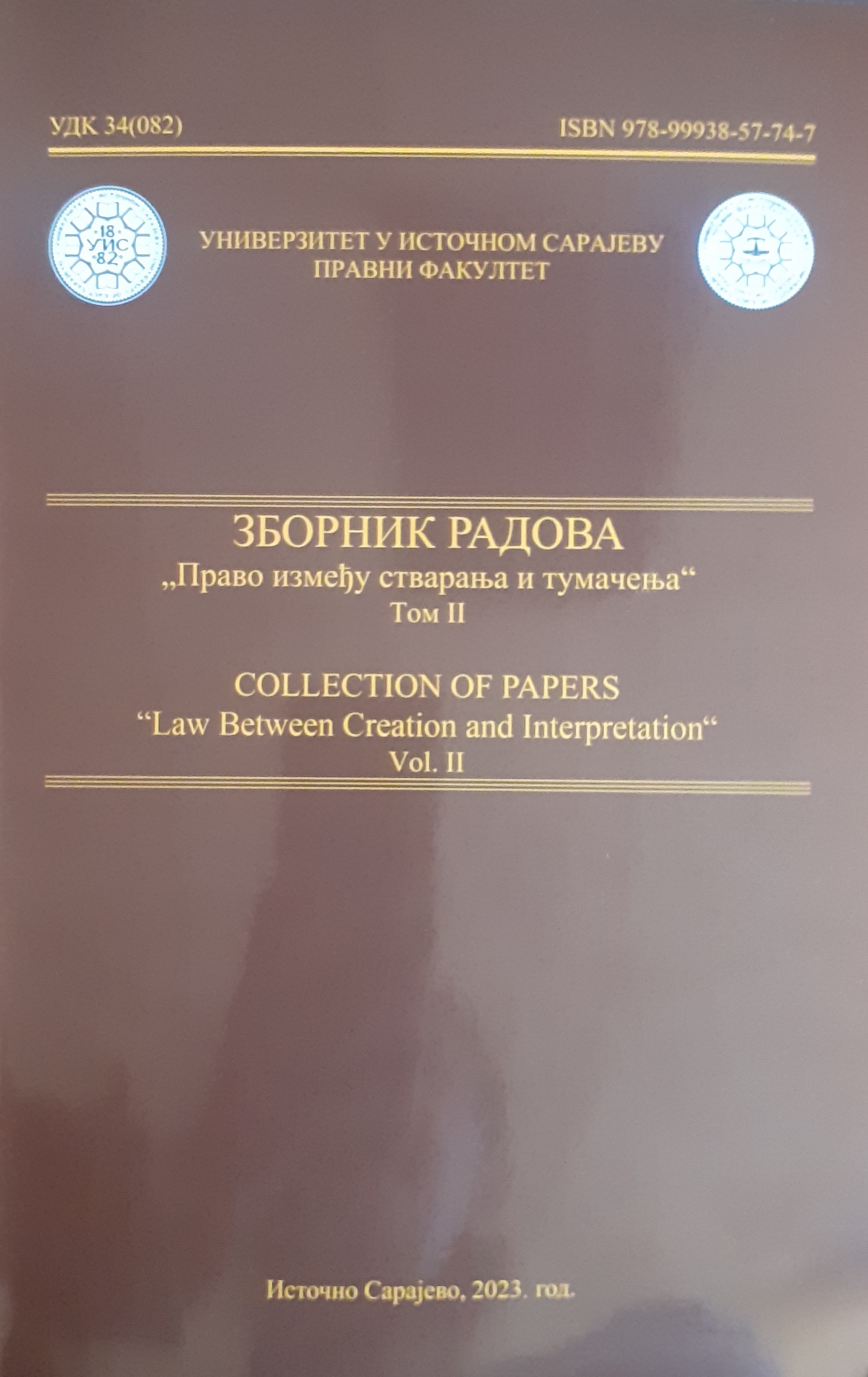Право и електронска трговина - да ли норма прати и контролише технологију и иновације?
Law and Electronic Commerce: Does the Norm Keep Up With and Control Technology and Innovation?
Author(s): Igor Kambovski
Subject(s): Law, Constitution, Jurisprudence, ICT Information and Communications Technologies, Commercial Law
Published by: Правни факултет Универзитета у Источном Сарајеву
Keywords: Electronic commerce; Norm; Technology;
Summary/Abstract: Every newly conquered or at least touched border, in all spheres of society, is characterize by the lack of laws that would regulate that "newly conquered territory". In the past, lawmakers had to face and obey the challenges arising from specific social conditions and specific communities or nations. International law bridged the gap, but it often took years and decades for a particular legal norm to be formulated, agreed upon, and put into effect. But it was so before and during industrial revolution, before technology began to guide us, our society and our institutions; before our dependence on a world governed by computers and the Internet began, in which man had to find his place, prosperity and well-being. In the meantime, the Internet has developed to unprecedented proportions, leading to the emergence of E-commerce, which brought about a revolution in providing commercial services. The creation of law is a complicated and slow process, and technological advances are to rapid, so there is a problem and a dilemma: can law keep pace with the dynamic changes and development of information and communication technologies? Every new law that governs the relationships arising from new technologies quickly becomes obsolete, and there is a need for its revision and modification., and so on, ad infinitum. This contributes to the creation of legal norms that are too broadly set or imprecise to be lasting, which in turn increases legal uncertainty, which then, inversely proportionally, affects the trust among entities that participate in E-commerce. Also, technical achievements create certain practical standards much faster than the law is able to regulate them. Therefor, a standard de facto becomes a norm long before the law normatively supports such a standard.
Book: Зборник радова "Право између стварања и тумачења" Том II
- Page Range: 452-462
- Page Count: 11
- Publication Year: 2023
- Language: Serbian
- Content File-PDF

